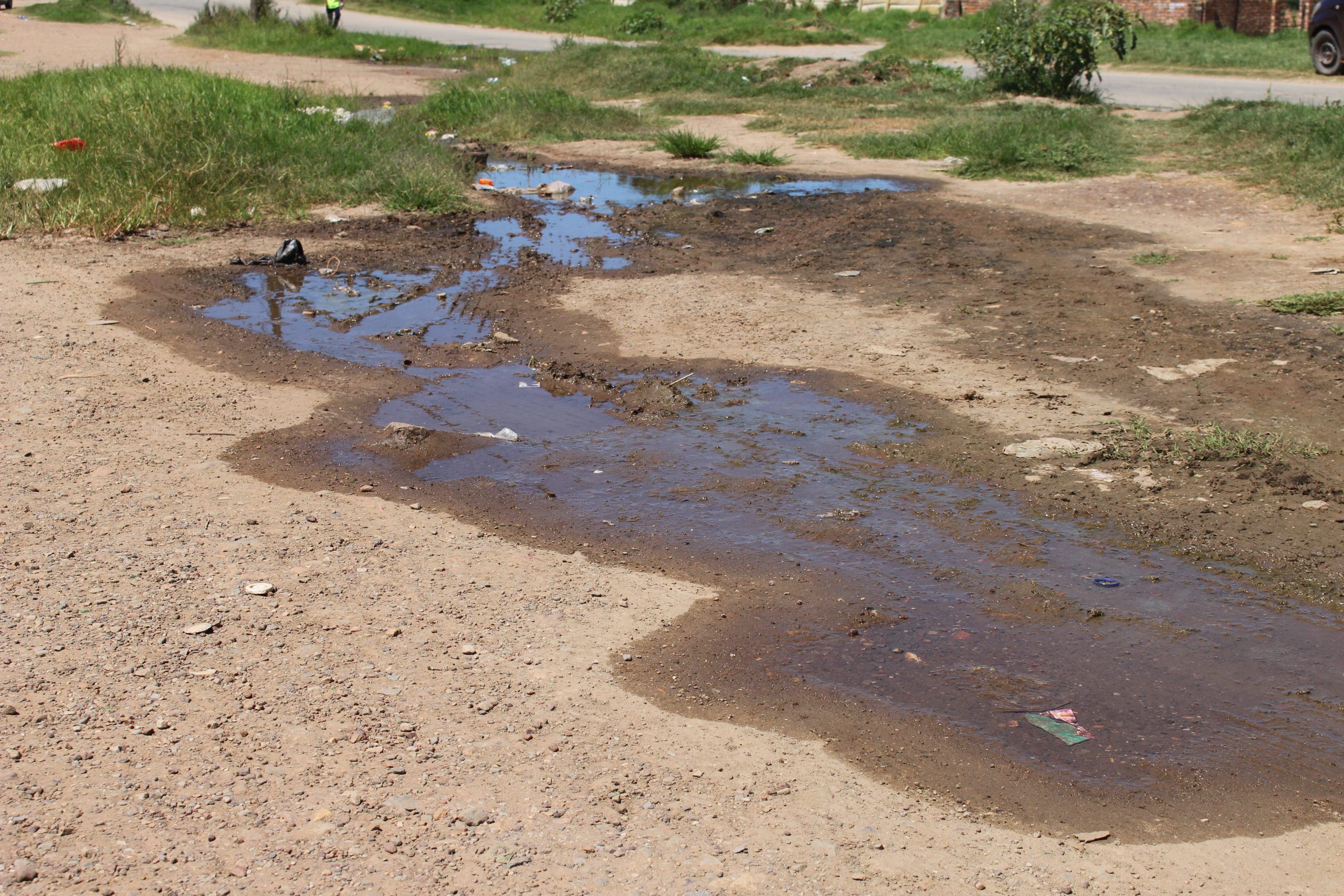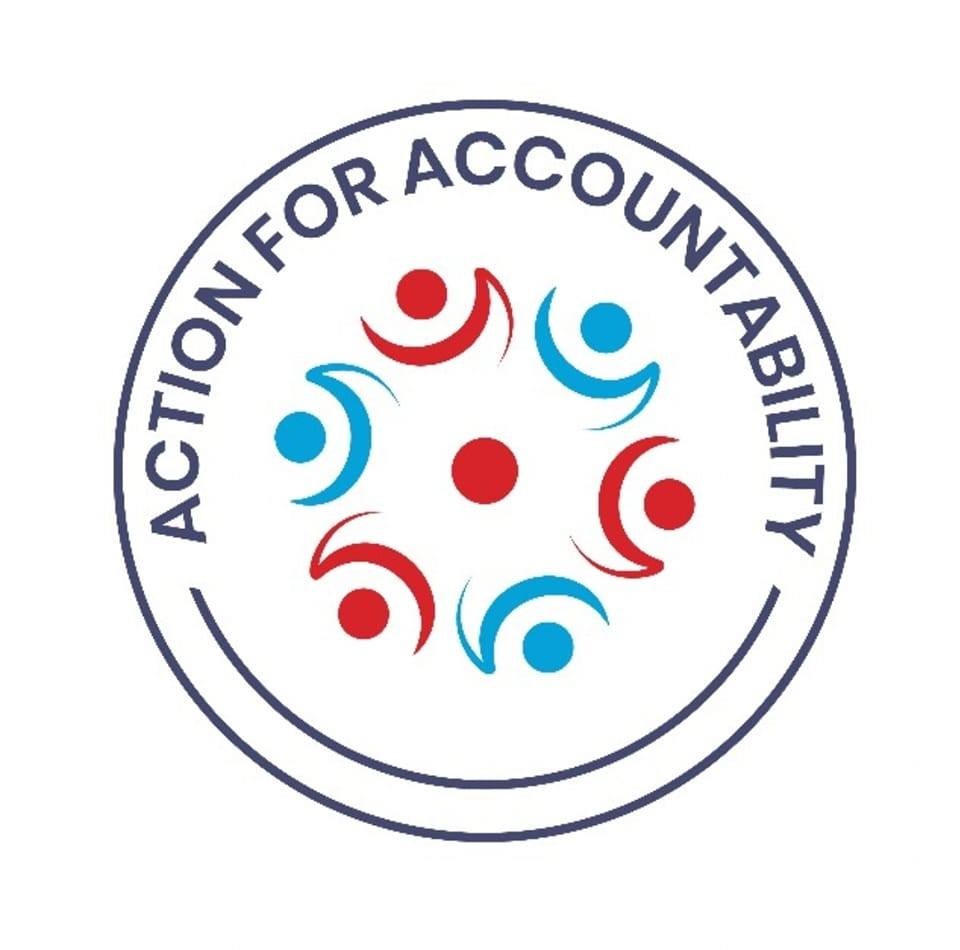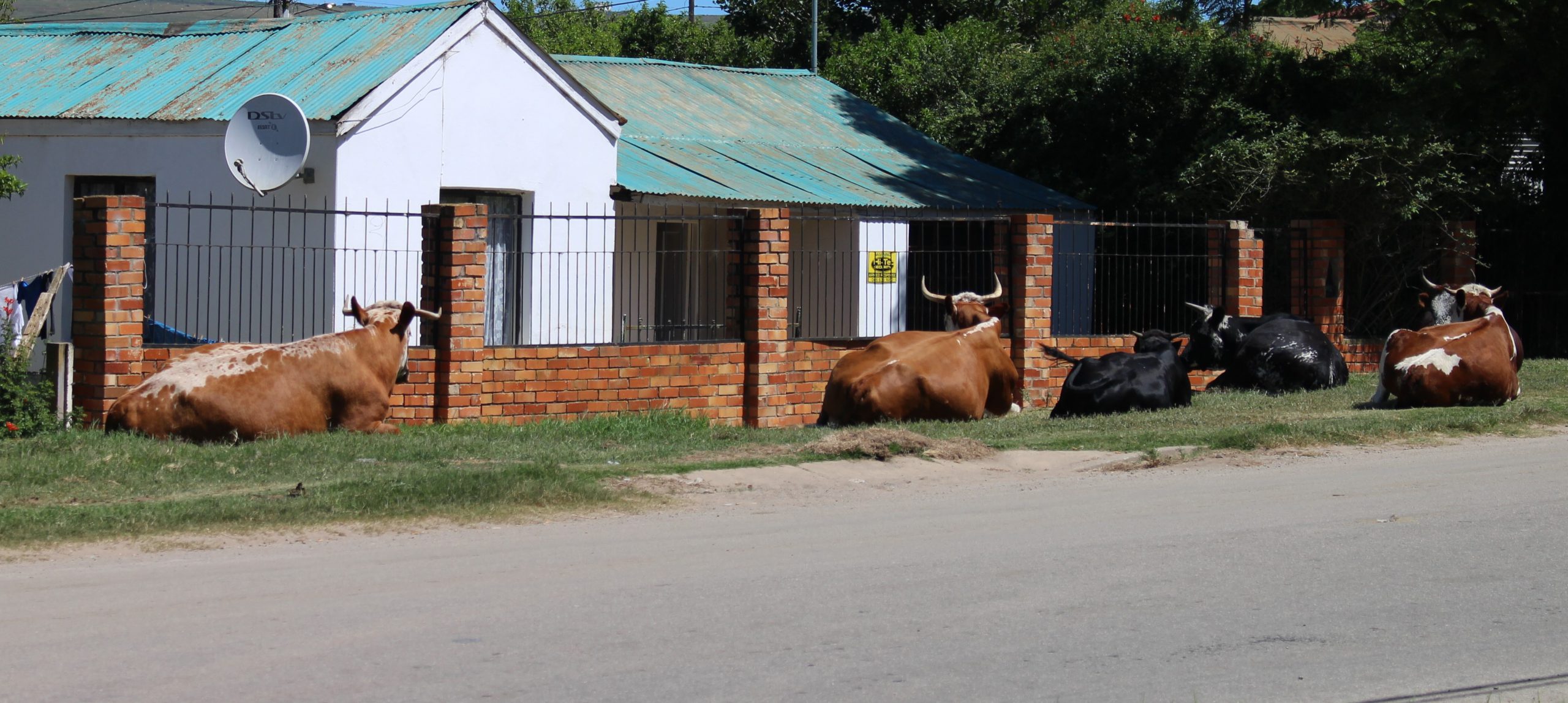By Anna Majavu
The Action for Accountability (A4A) Project warned today that Makana Municipality’s refusal to obey water laws could put people at risk of contracting E.coli, which can result in severe vomiting and diarrhea, sometimes requiring urgent medical treatment and hospitalization.
Municipalities are obliged to test their water and submit monthly drinking water quality compliance data to the Department of Water and Sanitation (DWS). But Makana municipality has failed to submit water quality data since February, and the DWS has now issued them with a notice of compliance.
The February results submitted by the municipality revealed that at Joza Clinic there were very high traces of E.coli bacteria, at 199 count per 100ml, while at Nyaluza High School the sample revealed 5 E.coli bacteria count per 100ml. The standard requirement for water quality is that E.coli bacteria must not be present in drinking water at all. The DWS notice described the February 2023 levels of E.coli in Makhanda as posing an “acute health risk”, said A4A.
The municipality has also failed to submit water quality data for Alicedale since November 2022, and for Riebeeck East since February this year. The municipality’s website stopped publishing water compliance results in November 2019, A4A says.

“The DWS Notice shows clearly that there is serious non-compliance by Makana Municipality. Residents’ health and well-being have been placed at risk by government officials who have failed to carry out their legal responsibilities. This state of affairs is not acceptable” said the A4A.
A4A has now demanded that the municipal manager, Pumelelo Kate explain whether he has cracked the whip on municipal staff who have stopped sending the data to the DWS.
Because multiple leaks in Makhanda’s sewage pipes are reported weekly, A4A also wants the municipality to commit to monthly testing for cholera.
“We are concerned that health facilities within Makana Municipality are not equipped to deal adequately with a widespread health emergency, such as a cholera outbreak”, the A4A’s Jay Kruuse, Andile Nayika, Lindokuhle Vellem, and Lungile Penxa said.

“Were users of water at Joza Clinic and Nyaluza High School notified that the water was not suitable for drinking? What steps, if any, were taken by the Municipality to warn residents of the municipal area of the presence of E.Coli bacteria in the water?” A4A asked Kate.
“Schools should be places where learners can develop and grow and not face serious health risks posed by water that is contaminated. A clinic is a place where patients seek medical help – it should not be a place where your health is placed at risk by serious failures caused by municipal staff,” said Penxa, Nayika, Vellem, and Kruuse.
Questions have been sent to Makana Municipality. This story will be updated to include their response if it arrives.
The A4A is an initiative of the Public Service Accountability Monitor (PSAM), Ahmed Kathrada Foundation (AKF), and Accountability Lab South Africa (ALSA).


